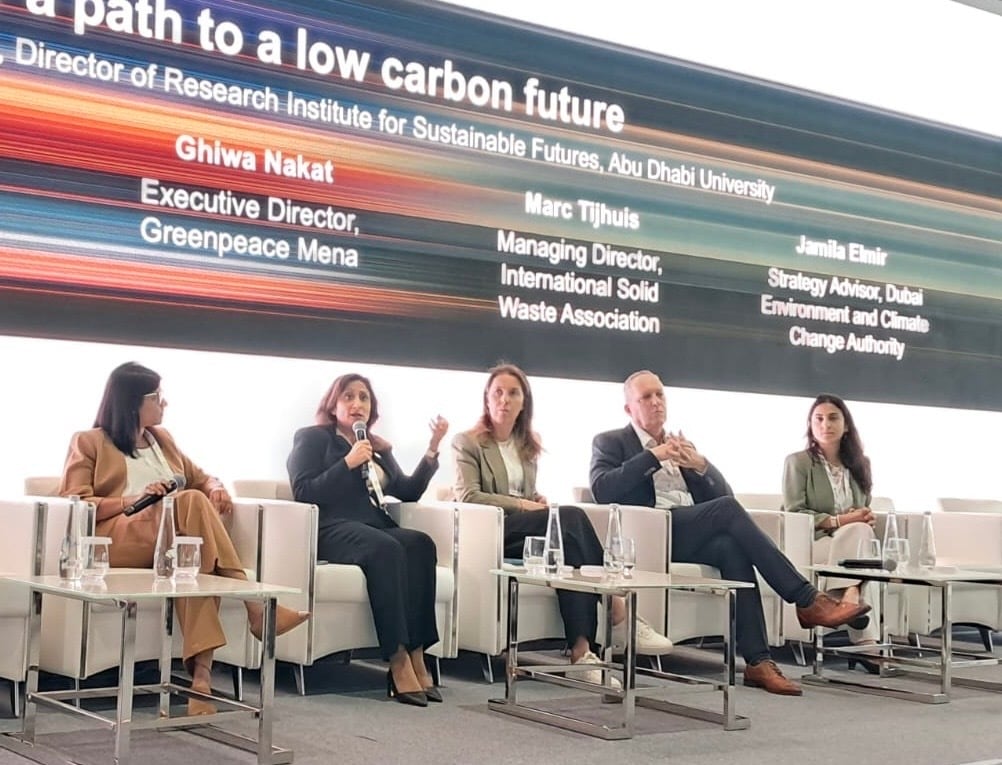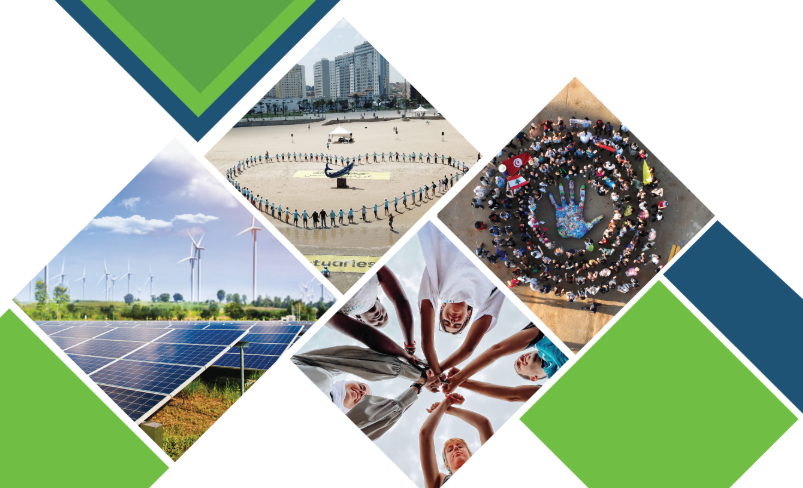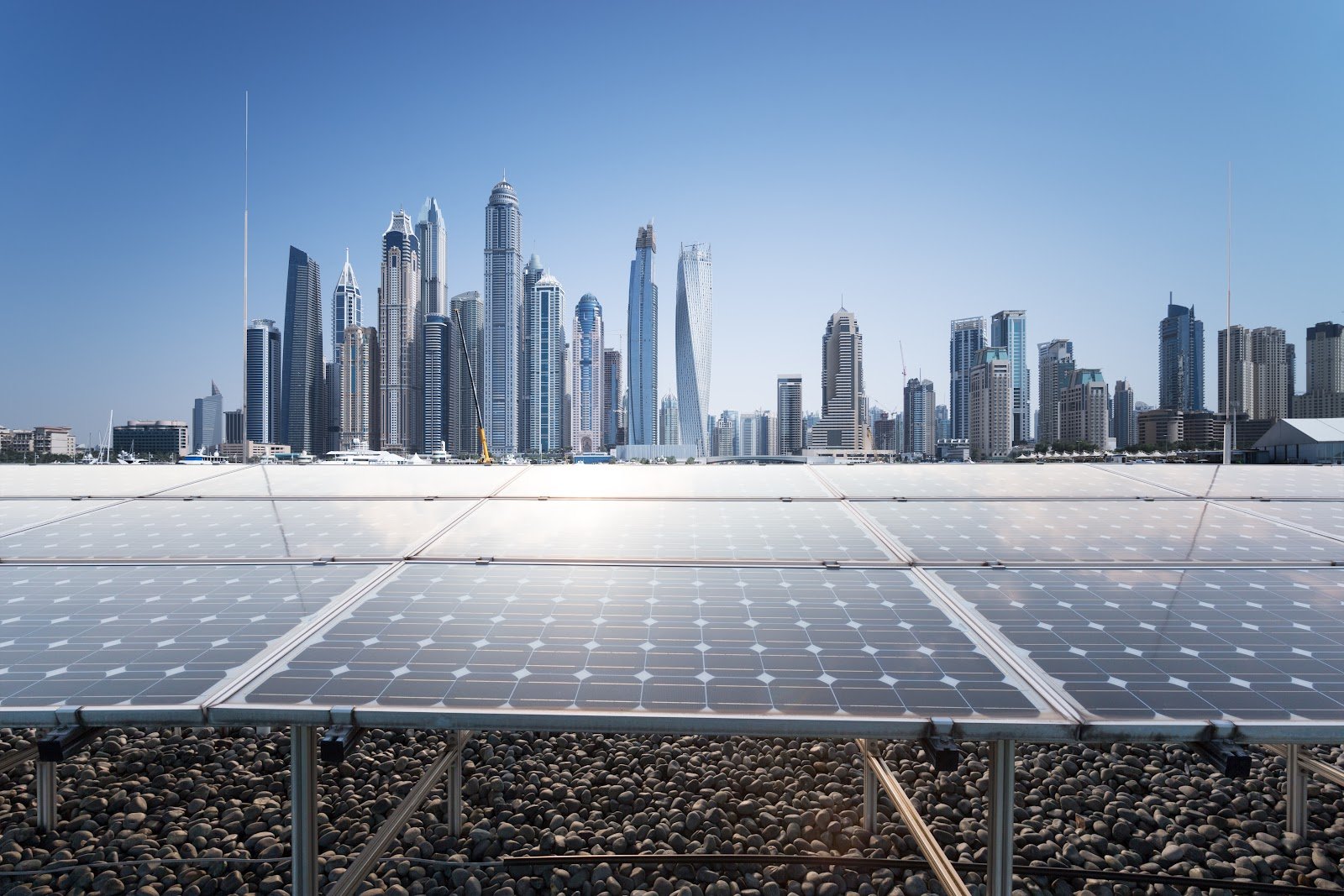
Abu Dhabi, United Arab Emirates – The 2025 World Future Energy Summit, hosted by the UAE and held as part of Abu Dhabi Sustainability Week, concluded on January 16, serving as a pivotal platform to discuss strategies for advancing climate action and expediting the shift toward a sustainable, low-carbon future.
During a panel discussion titled “New NDCs for a Path to a Low-Carbon Future,” Ghiwa Nakat, Executive Director of Greenpeace MENA, stated: “The new NDCs come in the wake of the warmest year on record, marked by escalating climate disasters and rising temperatures, highlighting the critical need for cross-sector decarbonization without delay. These contributions must align with the goals of the ‘UAE Agreement,’ launched during COP28, to drive the transition from fossil fuels.”
Nakat emphasized that the latest Global Stocktake under the Paris Agreement revealed a significant shortfall between current contributions and the goal of limiting global warming to 1.5°C. She called for countries to significantly increase their climate ambitions in line with scientific benchmarks and stressed the importance of providing financial and technical support to developing nations to facilitate a just transition to a low-carbon economy. Nakat also cautioned that emissions anticipated from existing fossil fuel infrastructure far exceed the carbon budget required to meet global targets.
She commended the United Arab Emirates for its ambition in adopting climate policies and solutions, as well as its pioneering leadership in this field. The third update of the UAE’s Nationally Determined Contributions (NDC 3.0) showcased the country’s commitment to reducing greenhouse gas emissions by 47% by 2035. Nakat noted that achieving this goal requires accelerating economic diversification, aligning policies with climate ambitions, and driving a transformation in the energy sector to support equitable development.
She also highlighted the pivotal role of non-governmental organizations in bridging the gap between ambition and implementation by ensuring that NDCs are realistic and achievable. Nakat emphasized that these organizations play a crucial role in offering evidence-based policy recommendations that empower governments to develop effective mitigation and adaptation strategies, leveraging specialized expertise to ensure these strategies address the challenges of climate change effectively.
The discussion session concluded by underscoring the importance of collaboration between the private sector, governments, and non-governmental organizations, positioning this partnership as a cornerstone for achieving climate goals through building effective strategic alliances. It was emphasized that combating climate change demands collective action to transform NDCs from commitments into tangible outcomes, fostering sustainable and equitable development for all.
Commenting on the summit, Nakat said: “This landmark event provides a unique opportunity to bring together governments, decision-makers, the private sector, non-governmental organizations, and entrepreneurs, alongside leading innovators and visionaries, on a single platform. It aims to strengthen collaboration and align joint efforts to advance climate ambition and action, building a future that is more sustainable and just for everyone.”

discover our work and accomplishments made possible by your unwavering dedication, and our future aspirations.
Explore More



Discussion
Hello there, You've done a great job. I will definitely digg it and personally suggest to my friends. I am confident they'll be benefited from this website.